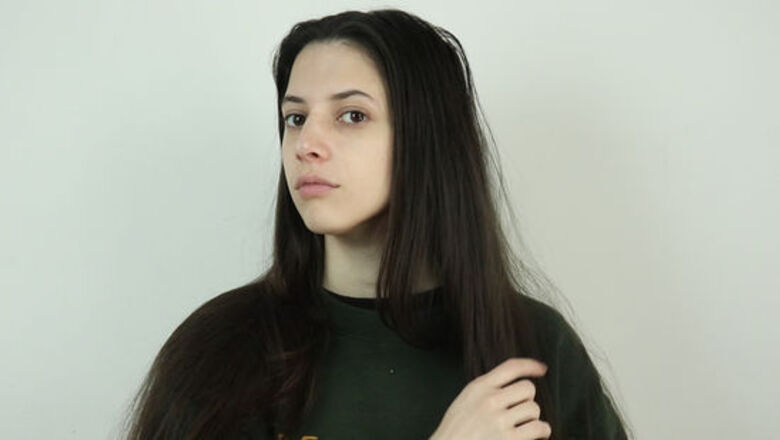
views
Choosing a Style

Take your hair's texture into account. While any type of hair can be made into most styles with enough products and techniques, your natural hair type will determine how easy a style is to create and maintain. If your hair is naturally straight and fine, it can be difficult to keep long hair looking volumized. You will need to invest in a curling iron if you want to add some waves or curls to your look. If your hair is curly or frizzy but you want your hair to fall straight and look longer, you will have to straighten it using a flat iron, keratin treatment, or, for a more permanent option, chemical relaxers. If you are considering box braids, keep in mind that your hair's thickness will likewise determine the type of braid that works best. Thick hair can be much more difficult to braid into small strands. Likewise, thinner hair can be damaged if made into too-thick braids.
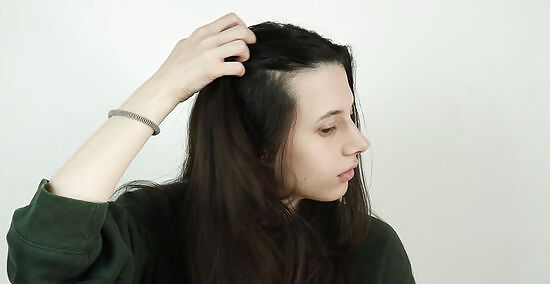
Consider your hair's level of oiliness. If your hair is very dry, this can be remedied with hair oils and other hair treatments. However, hair that is naturally very oily must be washed more often to look clean and stay hygienic. If you have oily hair, consider avoiding hairstyles that can come apart with frequent washings, such as box braids and dreadlocks.

Think about the occasion. A major aspect of choosing a hairstyle is what you will be doing while wearing that style. Long hair can be difficult for athletes to keep. If you have long hair and are about to engage in sports, wear a style that will keep your hair out of your face and prevent it from hindering your movements. Good choices are tied-back ponytails, secure buns, and braids. While most long hair styles are appropriate for women to wear in formal or business occasions, long hair for men can be more difficult to pull off. You will most likely need to tie your hair back in some way, either as a simple ponytail or as the currently trendy "man bun."
Wearing Long Hair Down

Pick a part. Because this is a minimalist style, your part will have more of an impact that can make or break your look. You can easily change your style by mixing up your parts, middle, to the right, to the left, or an exaggerated part. Take both your face shape and your personal style into account before you part your hair. The type of part you want to use will also largely decide the shape of your bangs if you choose to wear them. While your hair is still damp, draw your hair to its chosen part. Comb your hair away from this line. Use bobby pins or hair gel at the roots to hold the part in place. From there, style your hair as usual, taking care not to mess up your new part. Remember that it takes some time to "train" a new part. Don't expect it to shift immediately, and don't try a wildly different part right before a major event. However, with the right products, it can be achieved even if you have stubborn hair. Try sleeping with a few bobby pins in your hair to direct a new part. Keep in mind that they may leave an indent in your hair.
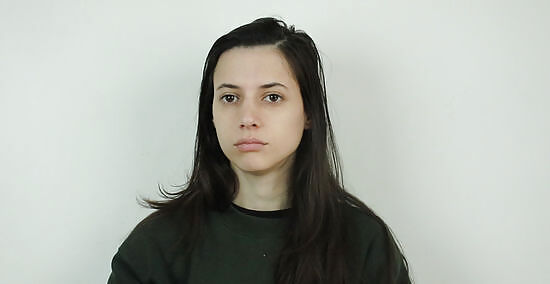
Decide whether or not you want bangs. Bangs are another subtle style choice you must take into account when wearing your long hair down. Like the rest of your look, your choice in bangs will be highly personal, considering both your facial features and hair type. A classic straight fringe bang perfectly complements long hair. While many stylists suggest that fringes are for straight hair, wavy and curly bangs in this style can also look great. Keep in mind that you will need to trim this style often to keep looking your best. Middle-parted bangs can go longer and require less upkeep. They are also very versatile and look great with every hair type. Side-swept bangs can be a dramatic and elegant addition to your style. If you have very tight curls, this will be a very difficult look to pull off without straightening your bangs a little.
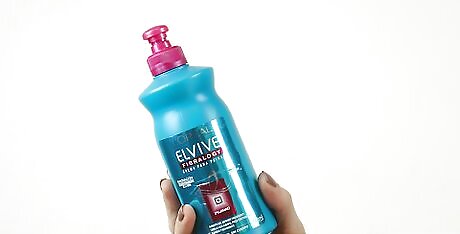
Choose the right products. Like all hair styles, you want to find the products that will both create the look you want and work best with your hair. If your hair is very straight and fine, wearing it loose can make it look flat. Try using volumizing shampoo to properly cleanse your hair of oily buildup. Add a minimal amount of mousse before drying or curling your hair for some added lift. In general, curly hair dries out easily and benefits from hair oils. This is especially true if yours is prone to frizzing. Try oiling your hair before styling. Be on the lookout for curl cremes and anti-frizz sprays. Try a few to find the right product for your hair. When adding curls with a curling iron, many stylists recommend to hold off washing your hair for a day beforehand. Your hair's natural oils will help your curls hold. Use a styling lotion and a heat-protection product before setting your curls and finish with a gentle alcohol-free hairspray. When straightening hair with a flat iron, wash and deep-condition your hair first. Like the curling iron, however, use heat-protecting products to keep from damaging your hair.

Straighten or add curls to your hair if necessary. The current texture of your hair and how you want it to fall will determine how you prepare it. Some hair types will take much more time to grow long enough to fall past the shoulders. If you have this type of hair and want to wear it down but don't have the necessary length, you can straighten your hair with either a flat iron or a chemical treatment before moving on. Long curls can look great when worn down. If you have fine hair, you also don't have to worry about a long style weighing your hair down if it's in curls. However, if you want that silken look, try straightening it with a styling iron. Likewise, if your hair is very straight and you want to add some volume and texture to it, curl your hair. A quick, easy, non-permanent way of doing this is to use a curling iron.

Accessorize your hair. Hair accessories are an easy way to spice up a traditional style like this one. The right headband, barrette, or pin can really pull an outfit together when properly matched with your clothing. For more masculine looks, skip the accessories.
Creating the Perfect Ponytail
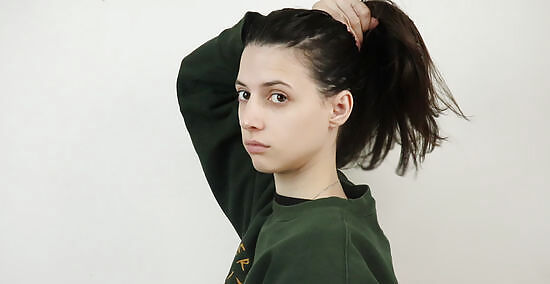
Decide your ponytail's placement. The ponytail is an incredibly versatile hairstyle that looks best with long hair. There are many ways you can wear a ponytail. While this guide describes a basic middle-height ponytail, it can be easily adapted to many other styles. A high ponytail in long hair is a striking and currently trendy look. A ponytail placed low on the nape of the neck may make you seem mature and more down-to-earth. A side ponytail is a little quirky and a simple method of varying your look dramatically without needing a haircut. If your hair is especially long and thick, pigtails (two ponytails) may be necessary for keeping it under control. Just keep in mind that this look is mostly associated with children.
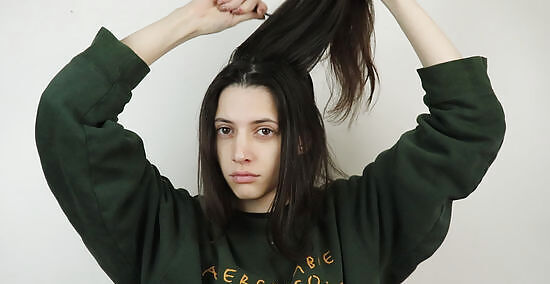
Tease your hair at the crown. Grip a section of hair from the back of your head right where it starts to curve and hold it vertically. Use a fine tooth comb and brush this hair downward towards the roots two to three times. This step isn't always necessary. If your hair is curly or otherwise has plenty of natural volume, this step should be skipped.
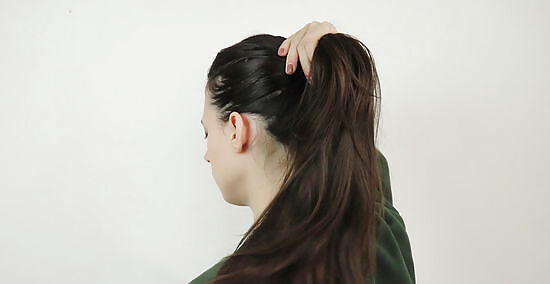
Gather your hair. Sweep your hair back to where you want it to sit using both hands. Try to get all of it together and add any loose strands that you missed. If you are making a ponytail for practical reasons, such as to keep hair from your face during sports, be sure to include your bangs. If your ponytail is purely aesthetic, leaving your bangs out of the ponytail can also look great.
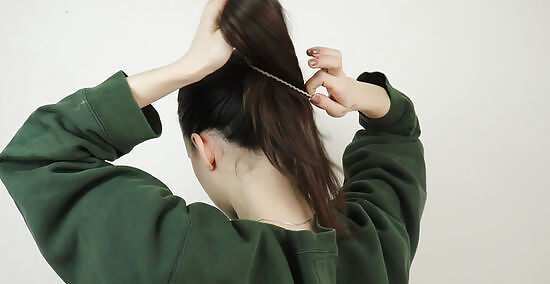
Secure your ponytail in place. Use a hair elastic, scrunchie, or a rubber band. Start by pulling all of your ponytail through the hair tie and bring it to where you want the base of your ponytail to be. Then, twist the tie into a figure 8 and pull your hair once more through the new free opening. Do this until the hair tie no longer has slack and your ponytail feels secure when pulled slightly. This will likely create a messy ponytail. For a sleek ponytail, apply a product such as gel, edge control, pomade, or mousse before you gather your hair.
Doing a Basic Bun
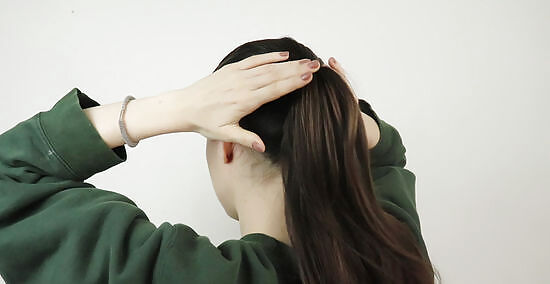
Start with a ponytail. Tie all of the hair you want to include back into a perfect ponytail. If you have bangs, you can either leave them alone or pull them back with the rest of your hair. Remember that wherever you position your initial ponytail will be where the majority of your bun will sit. If you want a bun that sits high on your head, start with a high ponytail.
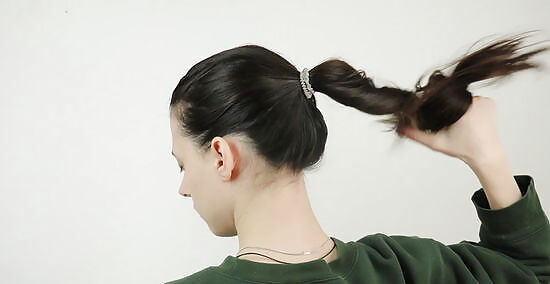
Twist your ponytail. Take the tip of your ponytail in one hand and begin to gently twist it by rolling your wrist. Keep twisting until the entire length of your ponytail is a spiral and can't be easily twisted further. Depending on which way you want the final spiral of your bun to go, you may choose to twist either clockwise or counterclockwise.
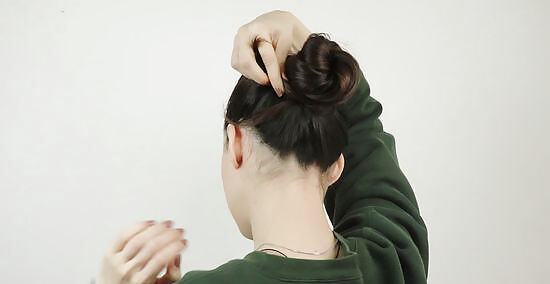
Coil your hair into a bun. Hold the end of your ponytail securely to maintain its twist. In the same direction you twisted your hair, begin wrapping it around the hair tie at the base of the ponytail. Because you are working with long hair, you will likely need to place a finger from your other hand or a longer cylinder with a similar width at the center. However, don't wrap too far up from your base or your bun will not be stable. Keep wrapping your hair until the entire length is coiled into a bun. Finish by wrapping the tip under a coil or back through the hair tie if you can still reach it.
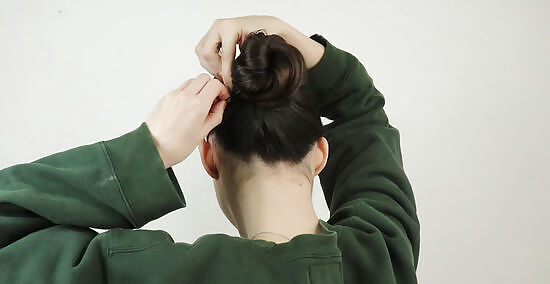
Secure your bun. Depending on your hair type, you may need extra help keeping your bun secure. You may choose to pin it in place with one or more bobby pins or decorative hair accessories. If you have wavy or curly hair that "likes" to stay put, you may need nothing else besides the first hair tie paired with the tension of the bun's coil. Before you go out, make sure your bun is totally secure. Hold your head at a few different angles and try tugging on your bun slightly.













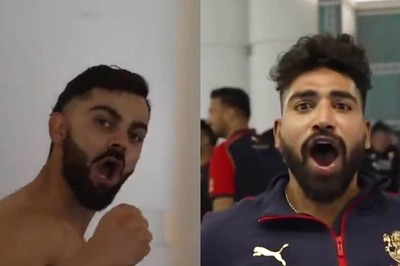
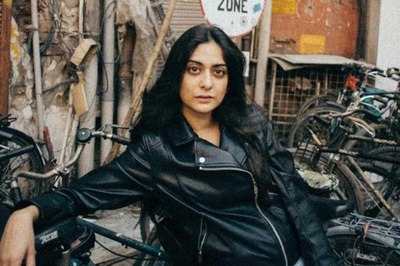

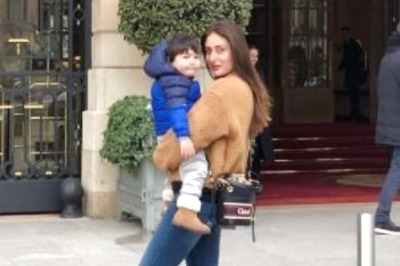



Comments
0 comment